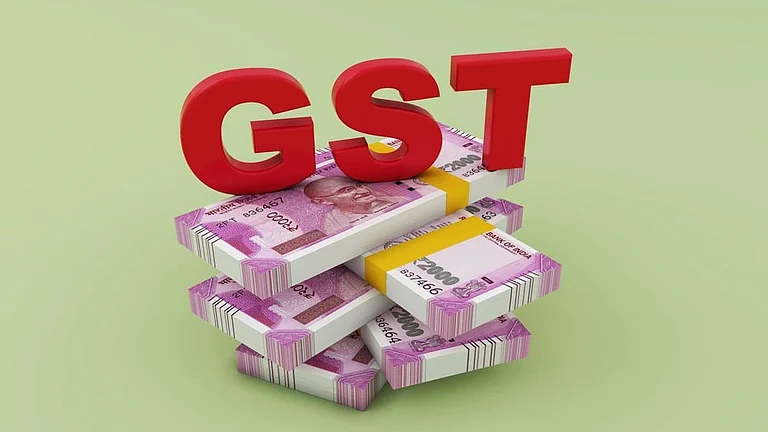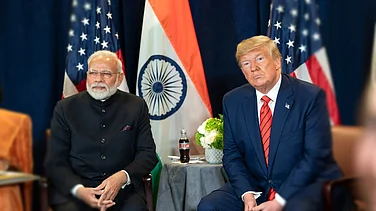The Supreme Court on Friday stayed all the Goods and Services Tax (GST) proceedings against 49 online gaming companies. The stay order pertains to the retrospective demand notices issued to online gaming companies on full face value of bets placed through their portals.
The court ensured the companies that these notices would not become time-barred during the course of litigation. The apex court also ordered consolidation of all the cases and directed that all further proceedings under these notices will remain suspended till the matter is conclusively adjudicated.
The next hearing on the case is on March 18.
The Case
In October 2024, The Directorate General of GST Intelligence (DGGI) raised a tax demand of ₹1.12 lakh crore through 71 show-cause notices against the online gaming companies. Adding penalties, this demand raised up to ₹2.3 lakh crore.
The tax notices against the gaming companies are based on an amendment to the Central Goods and Services Tax (CGST) Act, done in August 2023. The amendment introduced a 28% tax on the “full face value” of entry amounts in online gaming.
This amendment was applied retrospectively in 2017, which means that any financial transaction that took place in the gaming companies’ portal will now be under scrutiny.
Argument and Counter-Argument
The entire case revolves around the interpretation of GST applicability on transactions made in online gaming. The council argues that a 28% GST should apply to the total entry amount, taxing the entire prize pool.
As per the Council, these bets fall under the gambling category, regardless of whether they involve games of skill or chance.
The gaming companies contend that GST should only be levied on their platform fees or commissions, as many of these games involve skill rather than luck. According to them, taxing the full face value is unfair because users are required to pay 28% GST on each deposit made.
This will make online gaming platforms more expensive and less accessible to the general public.
Industry Implications
The outcome of this case will define the taxation framework of the online gaming industry in India. The online gaming industry has been seeing constant growth for a few years, clarity on the tax framework will lay the foundation for a predictable business environment and ensure regulatory compliance by new-age gaming companies.
The outcome of this case will also outline a distinction between gambling and skill-based games. It will give the companies and authorities clarity on how to tax different games based on their nature.
































